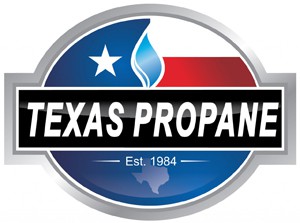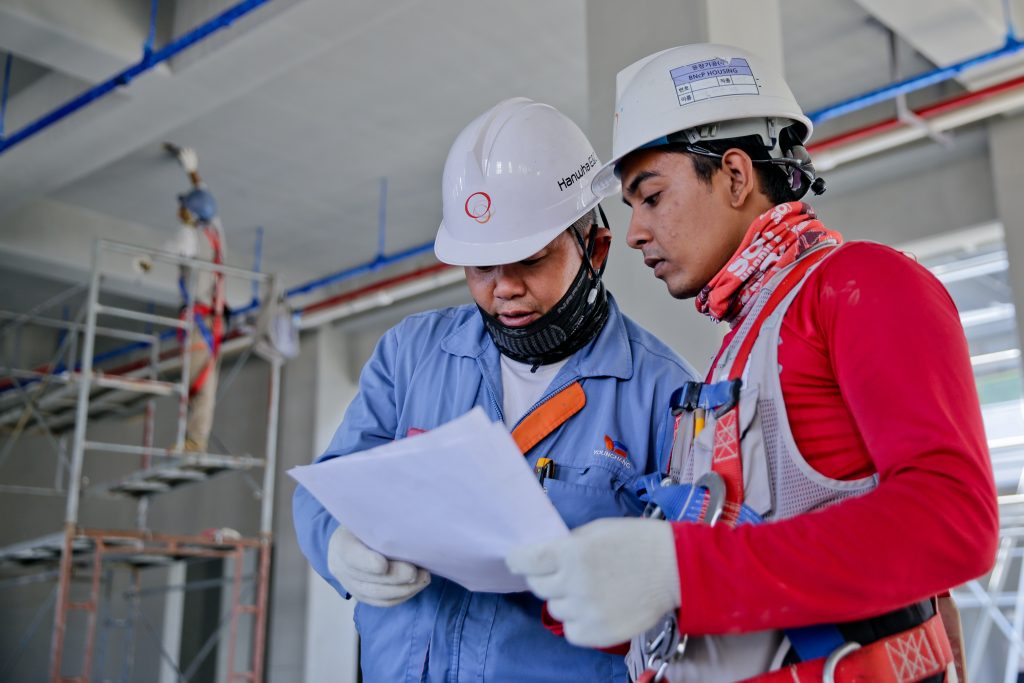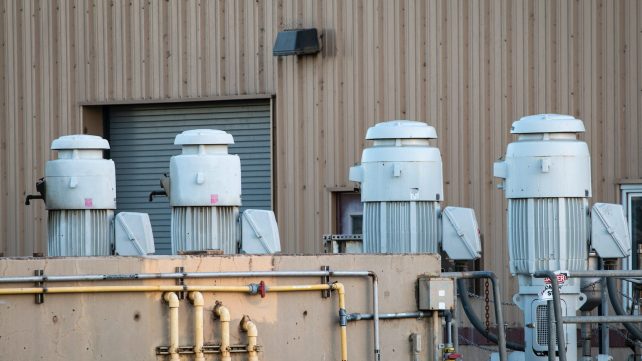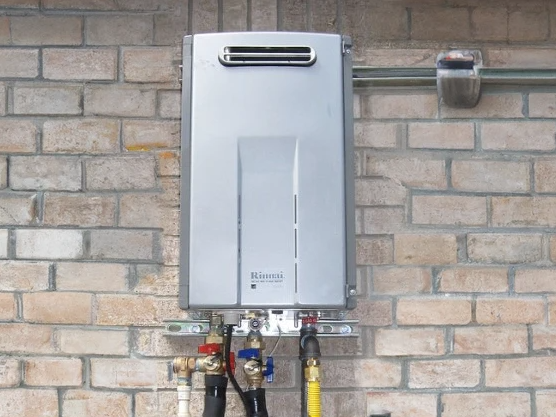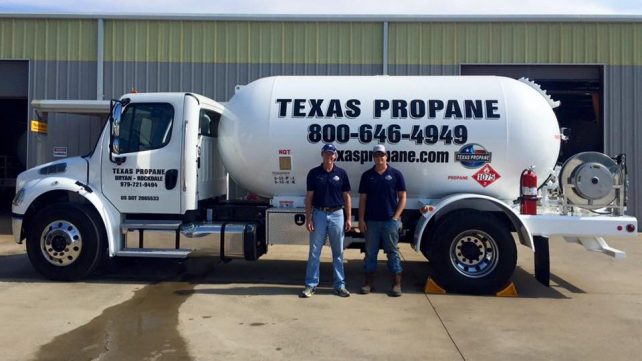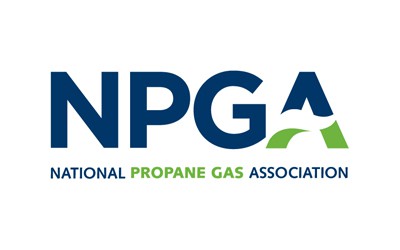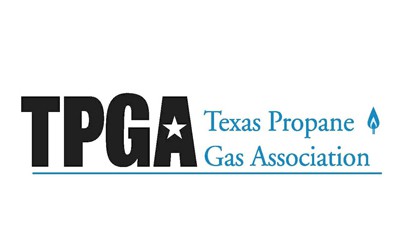
Myth 1: Propane is dangerous to use as a fuel.
Fact: Propane is a safe and reliable fuel when used properly. It is non-toxic, non-poisonous and does not produce harmful emissions when burned. In fact, propane is often used as a fuel for backup generators in hospitals and other critical facilities because of its safety and reliability.
Myth 2: Propane tanks can explode easily.
Fact: While it is true that propane tanks can explode if they are damaged or improperly handled, the risk of explosion is extremely low. Propane tanks are designed to withstand high pressure and are equipped with safety valves that release excess pressure to prevent explosions.
Myth 3: Propane is more expensive than other fuels.
Fact: The cost of propane can vary depending on a number of factors, such as location, demand and supply. However, propane is often a more affordable option compared to other fuels, such as electricity or oil. In addition, propane appliances are generally more energy efficient, which can lead to lower energy costs in the long run.
Myth 4: Propane is only used for heating and cooking.
Fact: While propane is commonly used for heating and cooking, it has a wide range of other uses as well. Propane can be used to power vehicles, generate electricity, dry clothes and provide hot water. It is also used in the manufacturing and agricultural industries.
Myth 5: Propane is not an environmentally friendly fuel.
Fact: Propane is actually a clean and efficient fuel that produces fewer greenhouse gas emissions compared to other fossil fuels. It is also a non-toxic and non-poisonous fuel that does not produce harmful emissions when burned.
In conclusion, propane is a safe, reliable and versatile fuel that has a number of benefits over other fuels. It is affordable, energy efficient and environmentally friendly, making it a great choice for a variety of applications.
